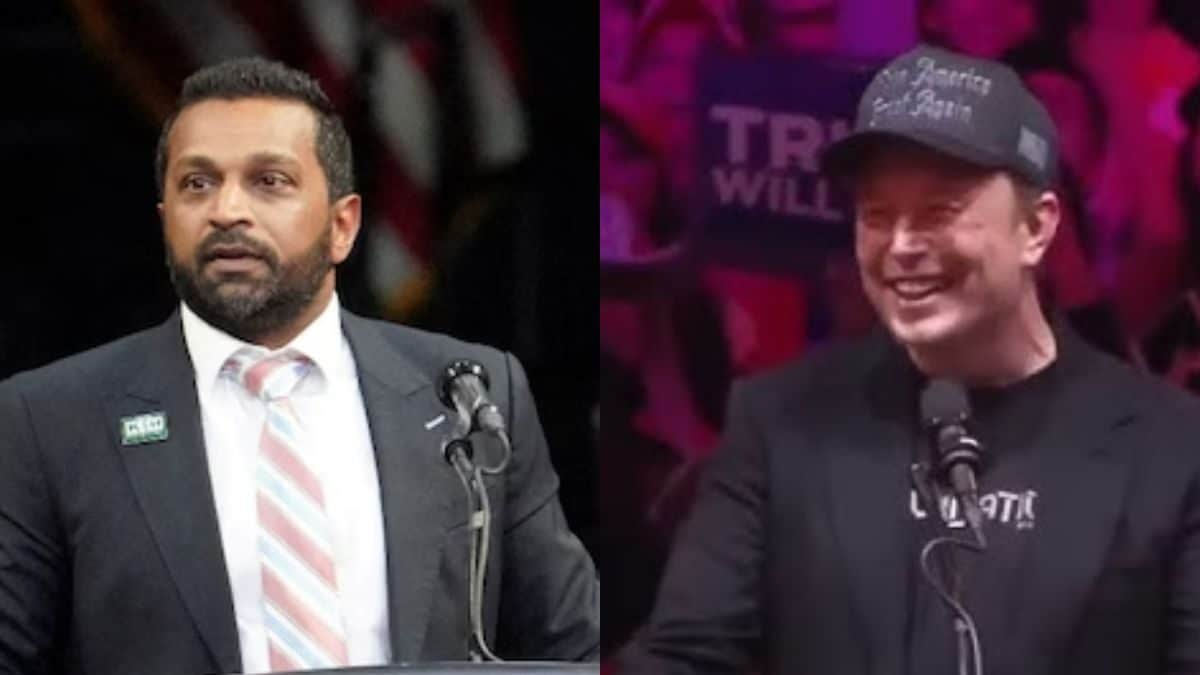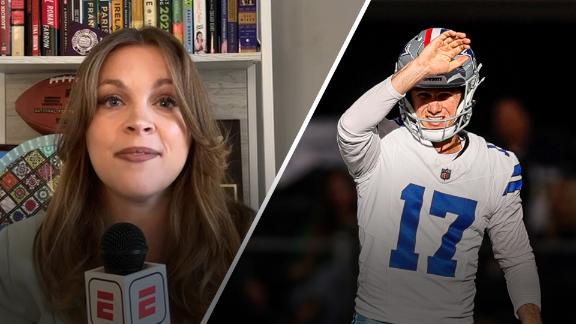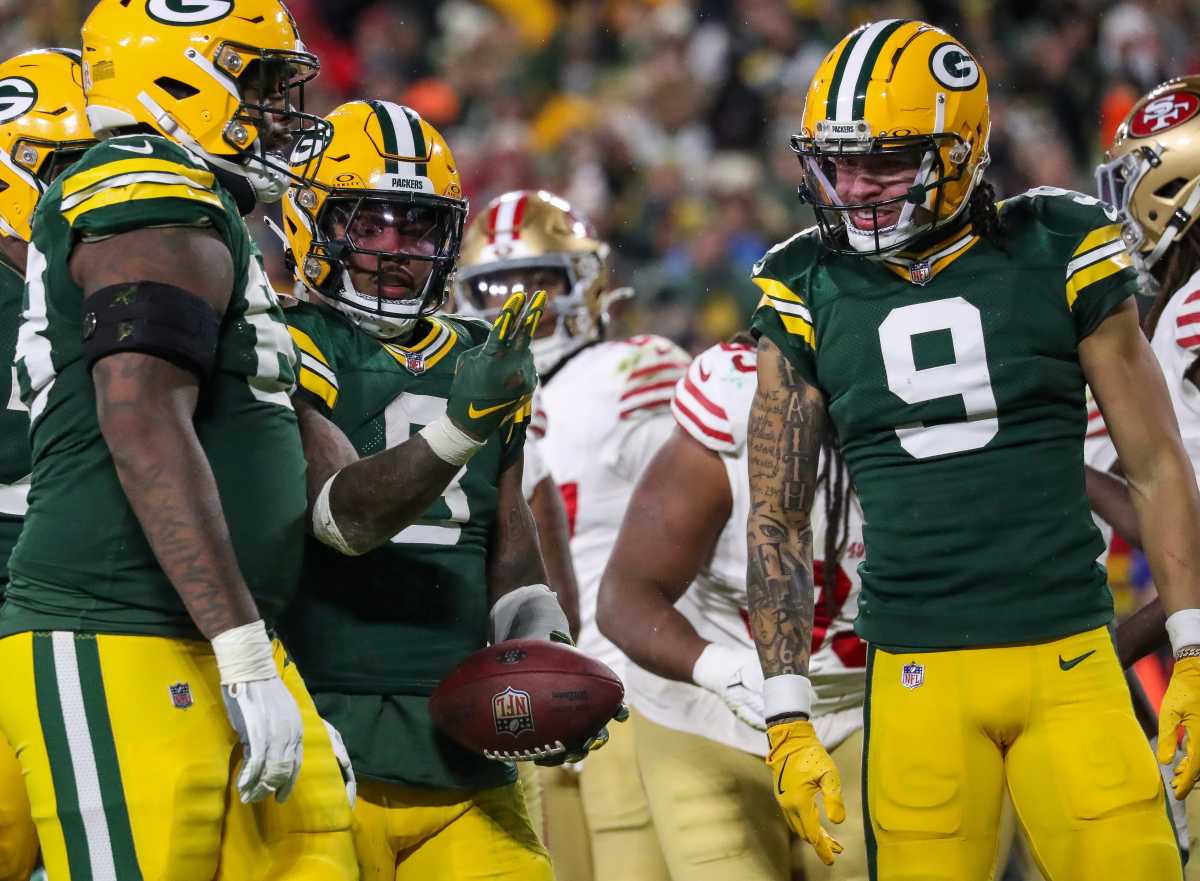TikTok Ban: Biden Leaves Decision to Trump Administration
The fate of the popular social media platform TikTok remains uncertain as outgoing U.S. President Joe Biden has opted not to enforce a ban on the app, choosing instead to pass the responsibility to his successor, President-elect Donald Trump. This development marks a significant turn in the saga surrounding TikTok, which has faced intense scrutiny due to its ties to its Chinese parent company, ByteDance.
Transition of Responsibility
An anonymous U.S. official revealed on Thursday that Biden's administration would not take action on the ban set to take effect on January 19, one day before Trump’s inauguration. Instead, the implementation of the legislation requiring ByteDance to divest TikTok’s U.S. operations has been deferred to the incoming administration. The official’s comments shed light on the internal deliberations of the Biden team as they prepare to hand over the reins of government.
Background of the TikTok Controversy
The controversy surrounding TikTok began with national security concerns over its Chinese ownership. Critics argue that the app’s data collection practices could pose risks to U.S. citizens’ privacy and potentially allow the Chinese government access to sensitive information. ByteDance has consistently denied these allegations, asserting that TikTok operates independently of the Chinese government.
In response to these concerns, Congress passed legislation last year mandating that ByteDance divest its U.S. operations. This bill, signed into law by Biden, set a deadline of January 19, 2025, for compliance. Failure to meet this deadline could result in TikTok being banned in the United States. However, with the outgoing administration choosing not to enforce the deadline, Trump will now determine how to handle the issue.
Trump’s Stance on TikTok
During his presidency, Trump voiced strong opposition to TikTok, at one point calling for its outright ban in the United States. However, his stance evolved over time. Trump later expressed a willingness to allow TikTok to continue operating, provided that certain conditions were met, such as increased U.S. ownership and stricter data security measures.
Despite this shift, Trump’s transition team has yet to outline a clear plan for addressing the TikTok issue. Speculation continues over whether the new administration will pursue divestiture, implement additional regulations, or seek alternative solutions.
Implications of the Decision
The decision to defer action on TikTok to the Trump administration has sparked debates among policymakers, technology experts, and legal analysts. Some argue that Biden’s decision reflects a strategic move to avoid making a controversial ruling in the final days of his presidency. Others suggest it could be a gesture of goodwill, allowing the incoming administration to shape policy according to its priorities.
For ByteDance, the delay offers a temporary reprieve but prolongs the uncertainty surrounding its U.S. operations. The company’s leadership must now navigate an unpredictable regulatory landscape under Trump’s administration. Meanwhile, TikTok’s millions of American users remain in limbo, unsure of the app’s future availability.
The Broader Context
The TikTok saga is emblematic of the broader tensions between the United States and China, particularly in the realms of technology and cybersecurity. As the two global powers compete for technological dominance, issues like data security, intellectual property, and digital sovereignty have taken center stage.
The debate over TikTok also highlights the growing challenges of regulating technology in a rapidly evolving digital landscape. Policymakers must balance national security concerns with the economic and social benefits of popular platforms like TikTok, which has become a cultural phenomenon in the United States and worldwide.
Looking Ahead
As Trump prepares to take office, all eyes are on his administration’s next moves regarding TikTok. Will the incoming president enforce the divestiture mandate, pursue a new course of action, or maintain the status quo? The decision will have significant implications not only for TikTok but also for broader U.S.-China relations and the future of tech regulation.
In the meantime, TikTok’s users, creators, and business partners can only wait and watch as the platform’s fate unfolds. Regardless of the outcome, the TikTok controversy serves as a reminder of the complex intersection of technology, politics, and global relations in the 21st century.






